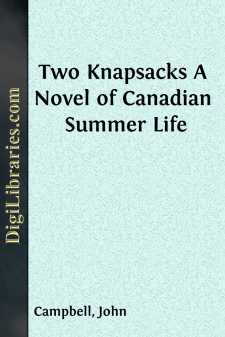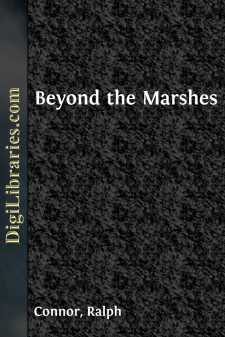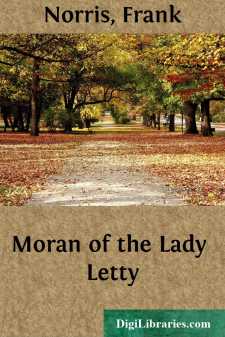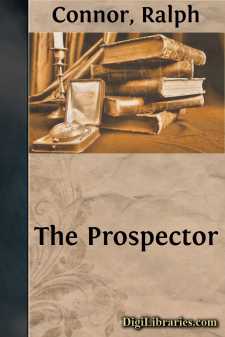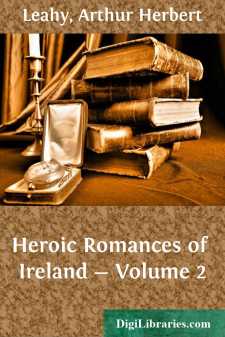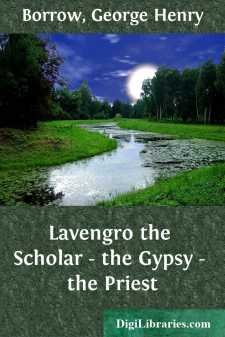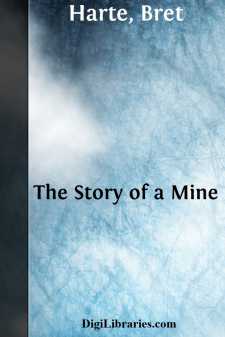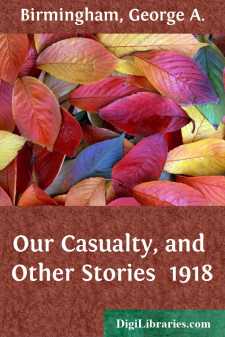Literary Collections
- American 84
- Ancient, Classical & Medieval 14
- Asian 1
- Australian & Oceanian 1
- Canadian 55
- Continental European 121
- English, Irish, Scottish, Welsh 179
- Essays 160
- General 24
- Letters 46
- Middle Eastern 1
Literary Collections Books
Sort by:
by:
John Campbell
CHAPTER I. The Friends—The Knapsacks—The Queen's Wharf—The Northern Railway—Belle Ewart—The Susan Thomas, Captain and Crew—Musical Performance—The Sly Dog—Misunderstanding—Kempenfeldt Bay. Eugene Coristine and Farquhar Wilkinson were youngish bachelors and fellow members of the Victoria and Albert Literary Society. Thither, on Wednesday evenings, when respectable church-members...
more...
by:
Ralph Connor
The Westminster Company LimitedPublishersToronto Entered according to Act of the Parliament of Canada, in the year one thousand eight hundred and ninety-eight, by The Westminster Company, Limited, at the Department of Agriculture. Have you ever caught the scent of the clover as you were whirled away by the train beyond the city on a summer's day and sped through the rich pasture lands? And do you...
more...
by:
Frank Norris
I. SHANGHAIED This is to be a story of a battle, at least one murder, and several sudden deaths. For that reason it begins with a pink tea and among the mingled odors of many delicate perfumes and the hale, frank smell of Caroline Testout roses. There had been a great number of debutantes "coming out" that season in San Francisco by means of afternoon teas, pink, lavender, and otherwise. This...
more...
by:
Charles Lamb
ELIA (From the 1st Edition, 1823) THE SOUTH-SEA HOUSE Reader, in thy passage from the BankвÐâwhere thou hast been receiving thy half-yearly dividends (supposing thou art a lean annuitant like myself)вÐâto the Flower Pot, to secure a place for Dalston, or Shacklewell, or some other thy suburban retreat northerly,вÐâdidst thou never observe a melancholy looking, handsome,...
more...
by:
Ralph Connor
A SOCIAL IMPOSSIBILITY It was one of November's rare days. The kindly air, vital with the breath of the north wind and mellow with the genial sun, was full of purple haze; the grass, still vividly green, gave no hint of the coming winter; the trees, bony and bare but for a few rags of summer dress, russet-brown and gold, stood softened of all their harshness in the purple haze and slanting, yellow...
more...
"I won't study another word to-day!" Helena tipped the table, spilling the books to the floor. "I want to go out in the sun. Go home, Miss Phelps, that's a dear. Anyhow, it won't do you a bit of good to stay." Miss Phelps, young herself, glanced angrily at her briery charge, longingly at the brilliant blue of sky and bay beyond the long window. "I leave it to Miss...
more...
INTRODUCTION The Tain bo Fraich, the Driving of the Cattle of Fraech, has apparently only one version; the different manuscripts which contain it differing in very small points; most of which seem to be due to scribal errors. Practically the tale consists of two quite separate parts. The first, the longer portion, gives the adventures of Fraech at the court of Ailill and Maev of Connaught, his...
more...
NOTES UPON GEORGE BORROW. I. Borrow as a Splendid Literary Amateur. There are some writers who cannot be adequately criticised—who cannot, indeed, be adequately written about at all—save by those to whom they are personally known. I allude to those writers of genius who, having only partially mastered the art of importing their own individual characteristics into literary forms, end their...
more...
by:
Bret Harte
CHAPTER I WHO SOUGHT IT It was a steep trail leading over the Monterey Coast Range. Concho was very tired, Concho was very dusty, Concho was very much disgusted. To Concho's mind there was but one relief for these insurmountable difficulties, and that lay in a leathern bottle slung over the machillas of his saddle. Concho raised the bottle to his lips, took a long draught, made a wry face, and...
more...
I ~~ OUR CASUALTY There is not in the whole British Isles a more efficient military body than the Ballyhaine Veterans' Corps. The men look like soldiers when they have their grey uniforms on and their brassards on their sleeves. They talk like soldiers. They have the true military spirit. There is not a man in the company under fifty years of age, but if the Germans attempt a landing on the...
more...


